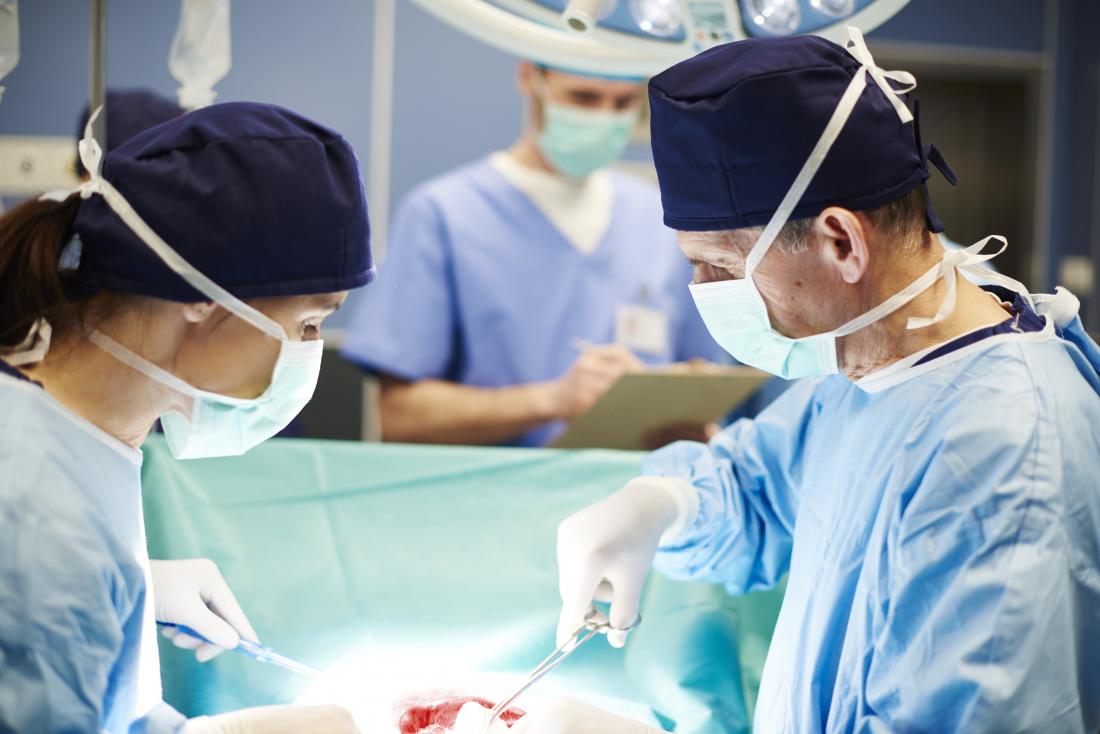
Arguably a miracle of the twentieth century, scientific advancements in organ transplantations are one of the most incredible ways that as a race, we are able to save and prolong lives. Prior to the late 60s, it was not remotely possible to successfully replace a human organ with one from another body - yet in the twenty-first century, it is clear that this process is absolutely viable. It is one of the greatest achievements that our race has been capable of and provides a lifeline for thousands of people who are in need. The importance and scale of such an issue, however, provides a plethora of ethical considerations, and has, unfortunately, also created questions and situations that bring out the darker side of a lot of people and societies. The extreme deficit in the supply of donated organs has created an abundance of problems in this field, such as ensuring organ procurement and allocation is done fairly, the rise of a lucrative black market, the exploitation of vulnerable populations, problems with justice, as well as the issues that come with the vital post-transplant care.
Global health inequalities are at the heart of these problems and will be examined in detail, as well as current policies regarding transplantation and donation. To put the scale of the main ethical issue into context, as of April 2023, in the UK alone, there are almost 7000 people who are waiting for a transplant (NHS, 2023). This is essentially a waiting list to avoid death, and such an extreme context has unsurprisingly created an excess of debate and argument worldwide with regard to how such a process should be undertaken fairly and efficiently. In lots of countries around the world, waiting lists and costs are high to the point that transplantation is simply impossible, and individuals will die when they could have been granted a new lease on life - a regretful reality that many argue can be avoided if current policy and law are reassessed.
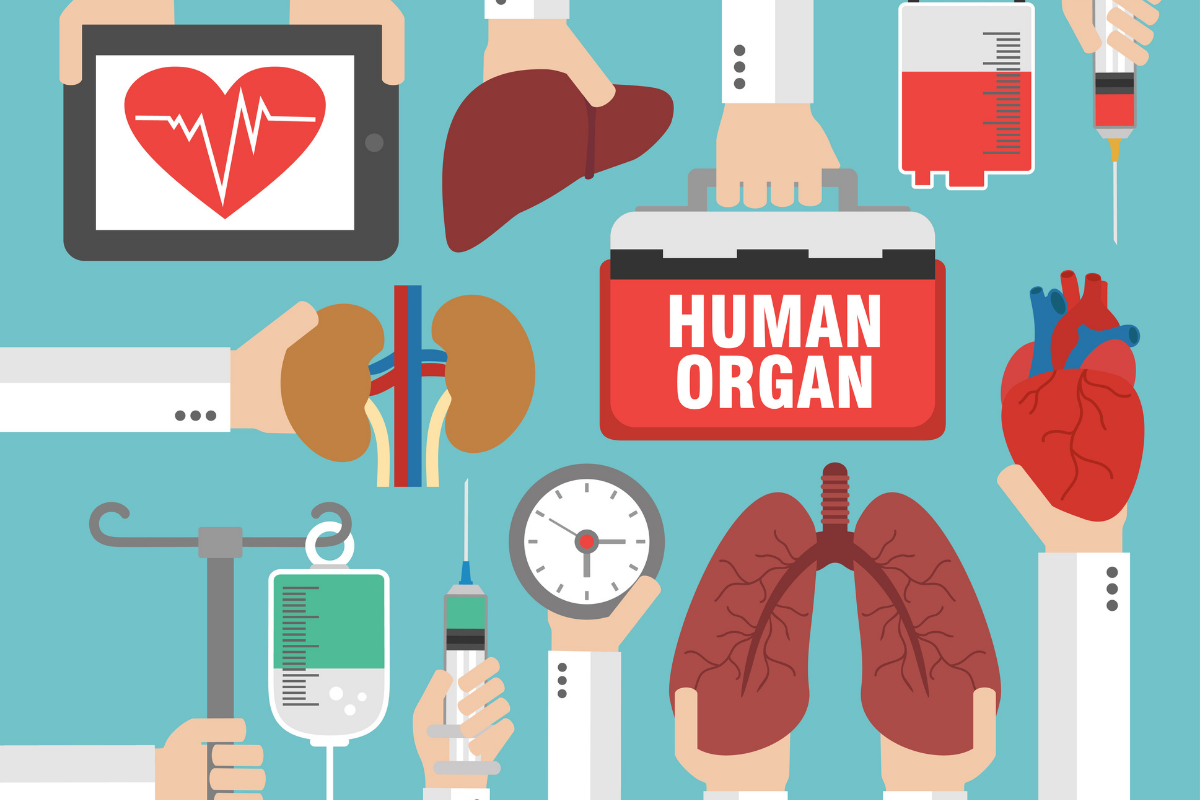
Organ Allocation
To begin, the main problem that is the catalyst for all other major issues is the fact that there are simply nowhere near enough available, usable organs to meet the ever-growing demand. The most common practice in deciding who will have their organs reused after their death revolves around informed consent, and individuals signing up to be an organ donor before they die - such as in the UK or the USA. However, there have been multiple cases whereby individuals have consented to their organs being used, and then when they die, family members disagree with it - essentially vetoing the wishes of their loved ones. Between 2010 and 2015, in the UK, this particular circumstance occurred in 547 instances - and this could have provided for 1,200 recipients (Brazier, 2016). This is just one of many reasons why we have such a large global donor shortage. As well as this, there are often cases where consent has not been obtained in time - essentially individuals just are not getting around to signing up, or have never spoken about their wishes with their family (Brazier, 2016). It is certainly a bleak topic to think about whilst one is alive and well, and the reality is, it is not a topic that many wish to discuss - tying in with a certain death taboo that as a race, the majority adhere to.
In the UK, transplant waiting lists are currently decided through a number of factors; including urgency status, blood group, donors weight and height, the presence of antibodies in a recipient's blood, and how long patients have waited (NHS, 2023) - and systems such as this one are at the heart of one of the most important ethical discussions surrounding this topic. How can we fairly allocate the few available organs? Should someone who has smoked and drunk their way to illness have to wait longer than someone who has not become ill this way? If someone’s first transplant has failed, should they get a second go, or should someone else get a first chance? (Aboud, 2018) Should children be given priority? Many questions such as these are not easy to answer, especially when the stake in this context is life or death. In the US, the Organ Procurement and Transplantation Network (OPTN) have adopted three main goals to achieve ethical allocation - they are, ‘utility’, ‘justice’, and ‘respect for persons’. Utility refers to estimating which allocation will provide the greatest outcome, such as ‘saving life, relieving suffering and debility, removing psychological impairment, and promoting well-being’ (OPTN, 2015). The idea of justice revolves around a number of factors; ‘medical urgency, the likelihood of finding a suitable organ in the future, waiting list time, first versus repeat transplants, age, and geographical fairness’ (OPTN, 2015), and finally, respect for persons involves considering other factors such as ‘the duty to respect decisions of donors or those who refuse to donate organs, or the right to refuse an organ’ (OPTN, 2015).
One would argue that this system that is currently in place is a moral and fair way of going about such a sensitive issue. They are attempting to maximise the amount of good that they can do while taking into account the likelihood of success and the urgency, all while respecting the autonomy of everyone involved in the process - from the donors to the recipients. As well as this, it is made clear that decisions are critically not based upon ‘social worth or value’, and that ‘considering one person more useful to society than another, based on prevailing social values is a matter of opinion’ (OPTN, 2015) - further highlighting the objective total fairness of this process. While this system may not be 100% perfect, I find it to be a thorough and anti-discriminatory method and one that has faced an uphill battle since its creation, plainly due to the fact that it is unlikely that will we see a sufficient supply to meet an ever-increasing demand.
Organ Procurement
While there are certainly strong efforts in place to ensure that the allocation process is as fair as possible, the reality is, there are simply not enough organs to go around. This unfortunate actuality creates some very serious ethical issues and situations, predominantly revolving around individuals trying to skip the existing large waiting lists, resulting in the formation of black markets, coercion of donation, and transplant tourism.
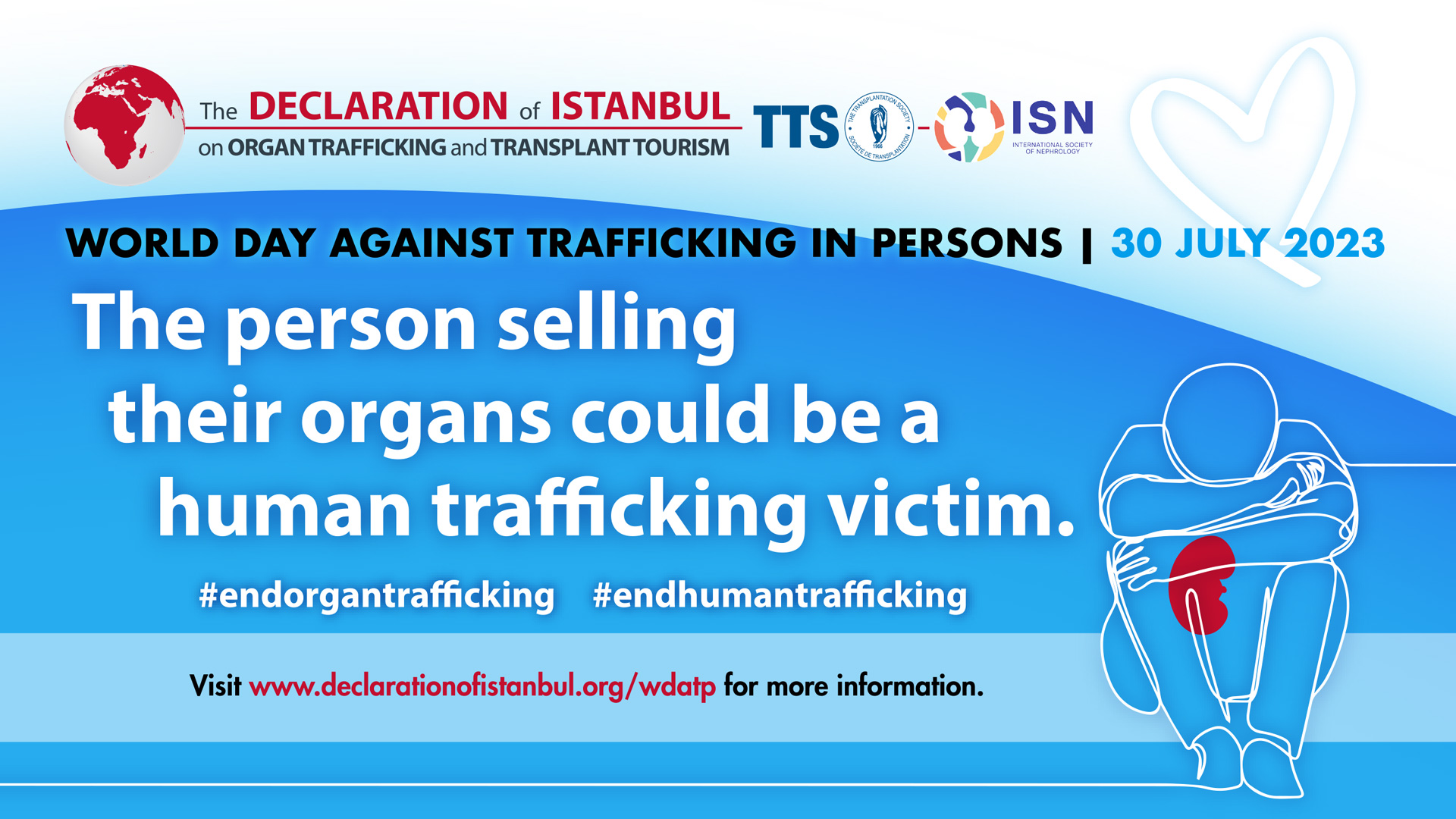
Internationally, it is widely accepted that the sale and purchase of human organs is a criminal offence, and against the law. While a donation is encouraged, the sale is strictly prohibited. In other words, there is a price ceiling on any transplant organs of $0, and this encourages the emergence of a black market. One particular example that illustrates this took place in Punjab, in northern India. Between 1997 to 2002, it was discovered that an estimated $31.4 million was distributed between doctors, donors, and middlemen in this area (Kumar, 2003). Punjab is an area of India ridden with poverty and inequality, and this kind of market is a blatant exploitation of the poor - those who have no choice but to try and sell one of their organs - to the highest bidder. In this case, the exploitation was shocking. It was reported that between half a million to a million rupees were charged for individual kidney transplants, with the donors (poor migrant workers) being given a mere 25,000 rupees as their share (Kumar, 2003).
It goes without question that wealthy individuals should not be allowed to exploit those who do not really have a choice, and pay their way out of a waiting list, whilst inflicting real harm on their coerced donors. In a legitimate donor process, a living donor requires proper postoperative care, in order to make a healthy recovery from being cut into and having organs removed. In this case in Punjab, it was reported that those whose organs were taken were then threatened with imprisonment for partaking in an illegal activity, and subsequently thrown out of the hospitals in which they were operated on in (Kumar, 2003). Such shocking behaviour and lack of compassion are at the heart of why the debate on organ transplantation is such a relevant one - how can we regulate this more efficiently and avoid situations like this from ever happening again?
These kinds of horrific black markets have opened up all over the world, and they are shocking to learn about. In China, it is still relatively uncommon knowledge that ‘the organs of members of marginalised groups detained in Chinese prison camps are being forcefully harvested’ (Smith, 2019). A tribunal in London found that the individuals who are detained in these camps are being killed in order for their organs to be harvested and sold to the highest bidder. China has been doing this for decades, and allegations of this illegal coercion only came to light in 2001 - as wait times for organs became ridiculously short. A chilling detail involves the option to book an organ in advance, suggesting that victims were being killed on demand. This black market is estimated to be worth around $1 billion per year, indicating the severity of the situation (Smith, 2019).
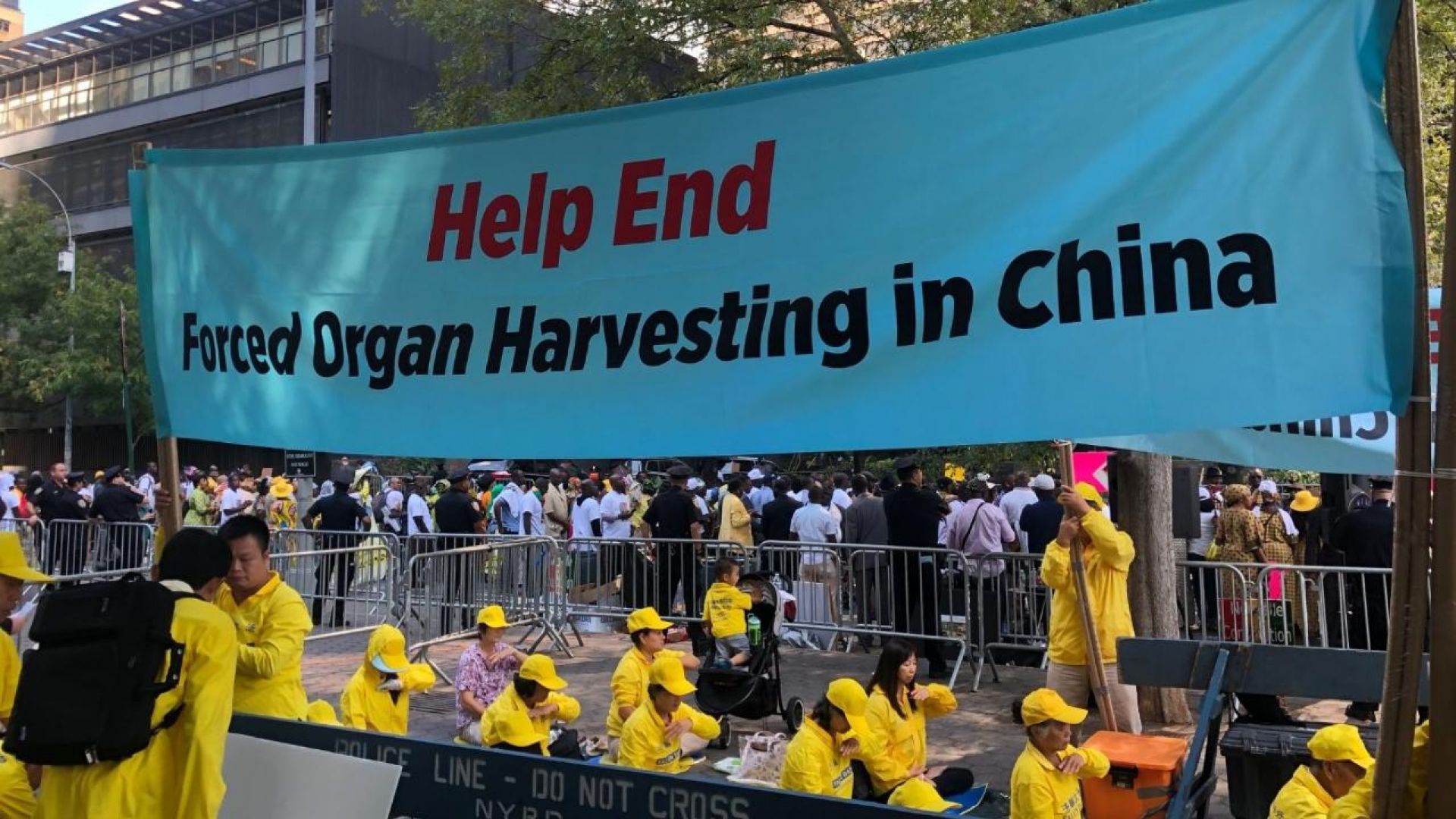
Despite international efforts to make the allocation of available organs as fair as possible, it comes as no surprise that these horrific situations have emerged, they have absolutely no regard for the law or human rights, showing no compassion for any victims. The coercion and force shown by individuals who are looking for a payday is nothing short of disgusting, and justice needs to be served in every single circumstance. Ethically, what can be done to try and mitigate the impacts of such a black market? Waiting list times are only getting longer, and there is no doubt that exploitation will continue to occur. Should we, as an international society, try and open up a regulated market for transplantation?
Ethical implications of a regulated organ transplantation market.
The idea of using organs that have been donated via informed consent is certainly both moral and ethical, but it is increasingly becoming clear that it is not enough. It is not enough because some might argue that the brilliant scientific potential of a transplant is being wasted due to a lack of donors. The current black market, as stated, is nauseating, and one proposed method to try and eradicate it is to open up a legal, regulated market for human organs. This is a very tricky path, and there are tens of reasons as to why this would be problematic, yet it serves as a solution and is therefore worth discussion.
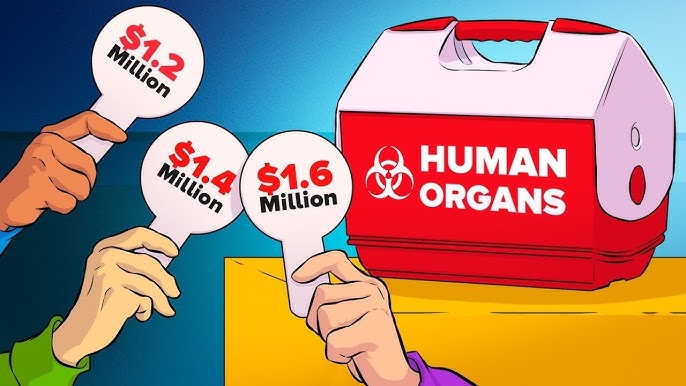
By allowing individuals to freely buy and sell organs, there is the risk that, due to the low supply, the prices would be far too high for a lot of individuals, essentially only granting wealthier people to be able to have this luxury. This unethical issue is one of the largest here, and it is clear that there would need to be a separate price ceiling put in place. However, the argument here is that this is no different from the current system - whereby the price ceiling is $0. Alongside the issue of commercialising the body and the risk of further exploitation of vulnerable populations, these are the reasons why currently, this has not been an option. Whilst these are undoubtedly sound grounds to keep the system the way it is, it is also clear that exploitation already exists in a dark and extreme manner. Should a market be allowed, the current organ shortage would certainly decline, as consenting individuals would be given monetary incentives to donate. There is no doubt that this would increase the supply, and in turn, would mean that fewer people would feel the need to travel overseas and purchase organs on an illegal black market, where the organs are being obtained in abusive and exploitative ways. Should an open market exist, rules and regulations would be able to be put in place, ensuring the total moral and ethical process of donation.
Unlike the aforementioned marginalised Chinese populations being killed for their kidneys, everything would be above board, and would, in theory, benefit all parties. Autonomy is often used as an ethical argument, and there is no doubt that, again, with regulation, such an idea only furthers individual autonomy - people should have the right to do what they want with their bodies, and that includes selling an organ should they want to. Naturally, this is an extremely difficult idea to bring to legitimate and successful fruition, but with the correct global execution, there is no doubt that we would be able to save more lives. To be able to see if this method would work, a trial period would be required - to see if the supply goes up enough, and also to assess vulnerable populations to determine whether the inevitable black market becomes less valuable. If these two factors were to happen, opening up this market would be an ideal solution to this demanding problem.
Educating potential donors
As we continue to live in a world where, however, buying and selling organs is illegal, efforts to increase the supply of organs should not stop. One of the main reasons that we have a shortage is due to the lack of education surrounding the topic. One of the largest ethical factors in this context, as mentioned, is informed consent. Yet, the majority of people remain uninformed on the subject, and this needs to be dramatically corrected if we want to see any changes. In 2010, a study undertaken by the National Library of Medicine took a sample of individuals from a military unit and gave them a questionnaire involving organ donation and demographic characteristics. After this, a comprehensive lesson was delivered about donating, and the questionnaire was then delivered again. The results yielded no surprise, ‘the rate of volunteering for organ donation increased from 45.4% to 84.8% after one lesson (Yilmaz, 2011). This small example serves as evidence for the impact that simple education could have on the number of organs that we could see being donated - whether it be during or post-life. If governments, globally, were to take on board initiatives to extensively educate their individual populations on the ins and outs of organ donation, we would be left with an informed public that is capable of making a real difference to the numbers that we are currently seeing. Education is often seen as ineffective, yet this study shows that the current lack of it is a waste of potential.
Review
We must not downplay the brilliance of our capacity to remove one’s organs and replace them with another - and for it to legitimately prolong and improve lives. It is nothing short of a blessing that science and biology allow us to do this, and organ transplantation should be treated with the utmost respect.
However, creating waiting lists to determine life and death is a precarious and unfortunate reality that global health services must live with. I would certainly agree with the current policies that the majority of nations have in place, revolving around ensuring total fairness and transparency in their allocation processes. It has, however, become human nature to attempt to profit off of anything and everything - prompting horrific displays of exploitation and coercion particularly in lower-income countries. The examples in India and China are only the tip of the iceberg, this happens all over the globe, simply because we can not meet the required demand.
We should never settle for one specific method, questions need to continue to be asked all the time, in order to maximise efforts to increase our supply of organs from ethical and informed sources. As long as the demand is significantly higher than the supply, the bleak reality is there will be immoral and unethical practices worldwide - but there is always hope. By ramping up education and perhaps controversially testing an open organ market (with strict and severe regulation), there is a chance that, in the future, we can see higher numbers of donations being made. The conversation surrounding donation must never stop, as the miracle of transplantation is relied on by thousands of people, and the ethical implications of this are entirely worth the lengthy discussion that they require.
Bibliography
NHS (2023) ‘Statistics about organ donation - current UK statistics for organ donations and transplants’ Available online at:
https://www.organdonation.nhs.uk/helping-you-to-decide/about-organ-donation/statistics-about-organ-donation/ (Accessed: 2 April 2023)
Brazier. Y, (2016) ‘Organ donation: most are willing to give, so why is there a donor shortage?’ Available online at: https://www.medicalnewstoday.com/articles/307514 (Accessed: 23 March 2023)
NHS (2023) ‘How does the offering system work?’ Available online at:
https://www.nhsbt.nhs.uk/organ-transplantation/heart/receiving-a-heart/how-does-the-offering-system-work/#:~:text=have%20been%20considered-,Urgency%20status,may%20move%20up%20in%20priority. (Accessed: 5 April 2023)
Aboud. M (2018) ‘Overview of ethical issues of organ transplantation’ Available online at:
https://geiselmed.dartmouth.edu/fic/ppt/aboud_m_ethical_issues.pdf (Accessed: 20 March 2023)
Organ Procurement and Transplantation Network, (2015) ‘Ethical Principles in the Allocation of Human Organs’ Available online at:
https://optn.transplant.hrsa.gov/professionals/by-topic/ethical-considerations/ethical-principles-in-the-allocation-of-human-organs/ (Accessed: 16 March 2023)
Kumar. S, (2003) ‘Police uncover large scale organ trafficking in Punjab’ Available online at:
https://www.ncbi.nlm.nih.gov/pmc/articles/PMC1125055/ (Accessed: 17 April 2023)
Smith. S, (2019) ‘China forcefully harvests organs from detainees, tribunal concludes’ Available online at:
https://www.nbcnews.com/news/world/china-forcefully-harvests-organs-detainees-tribunal-concludes-n1018646 (Accessed: 17 April 2023)
Yilmaz. T, (2011) ‘Importance of education in organ donation’ Available online at:
https://pubmed.ncbi.nlm.nih.gov/22142043/#:~:text=Wrong%20beliefs%20about%20organ%20donation,and%20education%20and%20economic%20status. (Accessed: 17 April 2023)